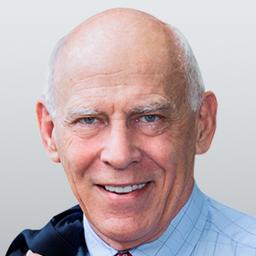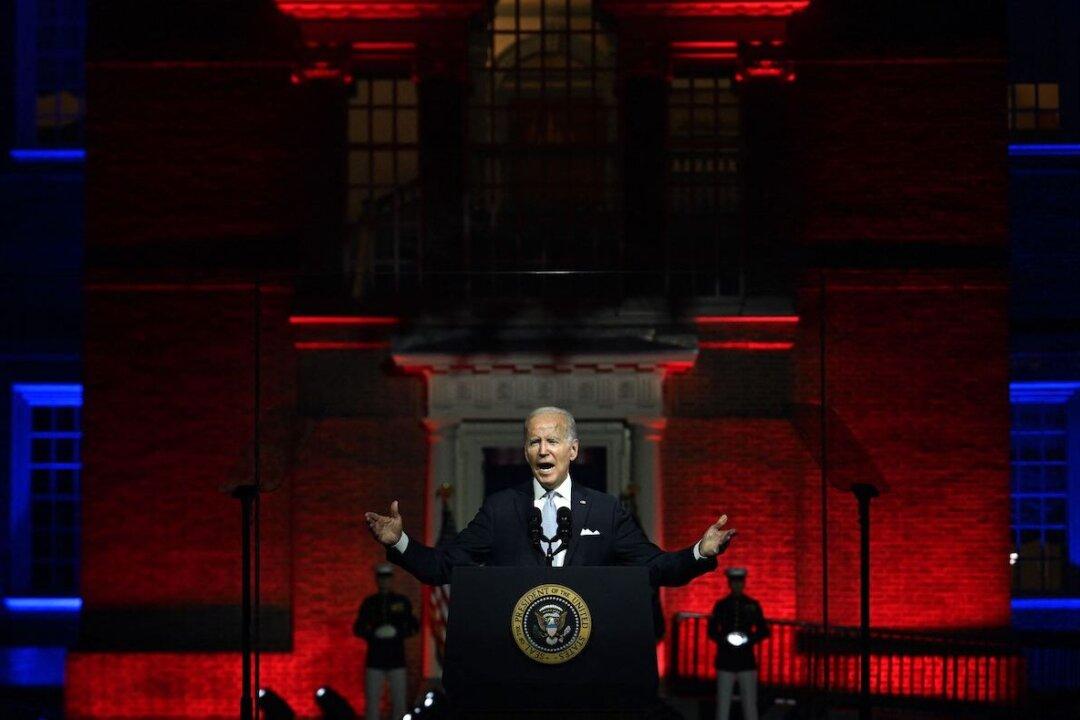Commentary
Charles Dickens and his unforgettable character Ebenezer Scrooge have become part of Christmas for millions and for generations through “A Christmas Carol,” a novella that was written in a few weeks. This ghost story defined Christmas as a time of giving, not only in the directly religious sense, but also as the celebration of the union of God and man in his gift of himself.





